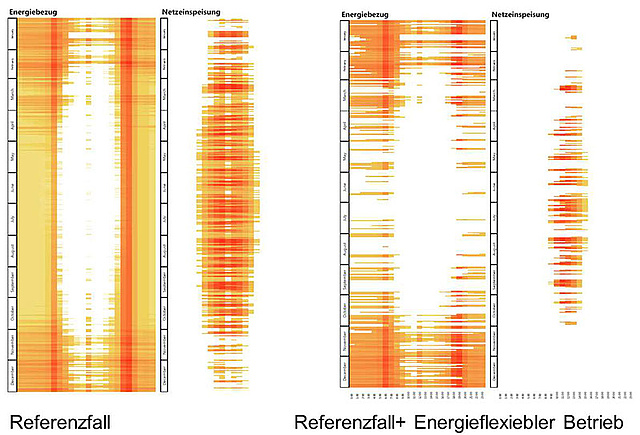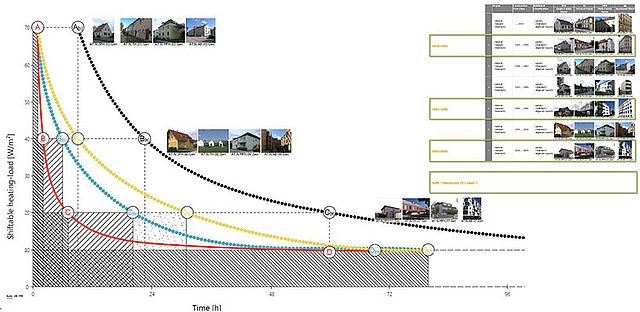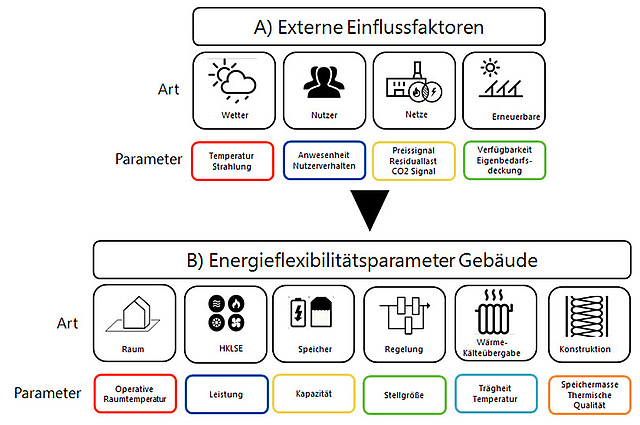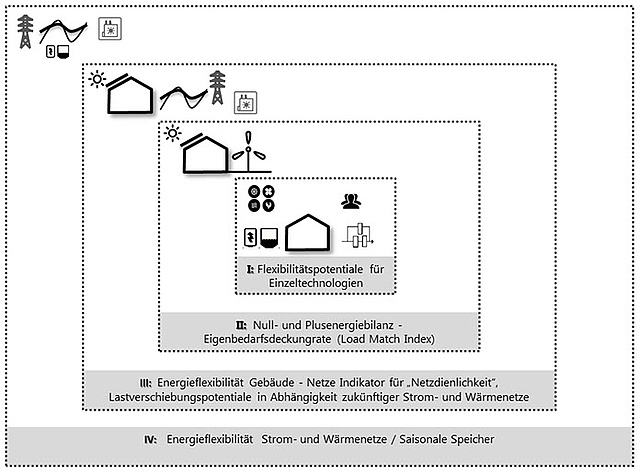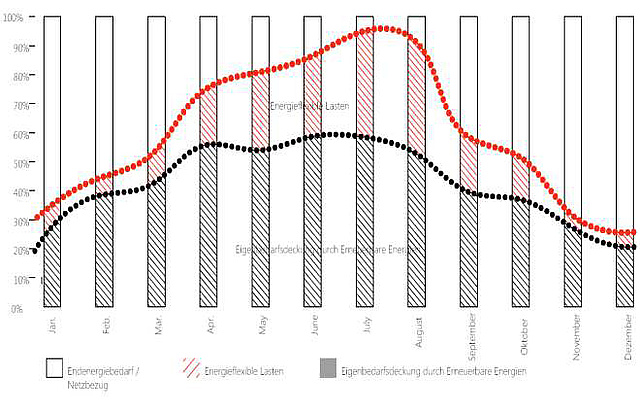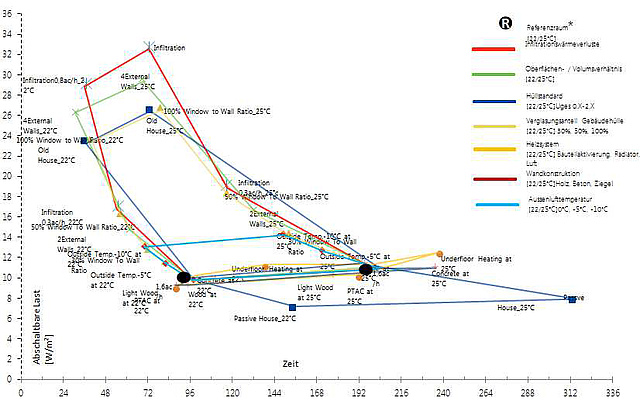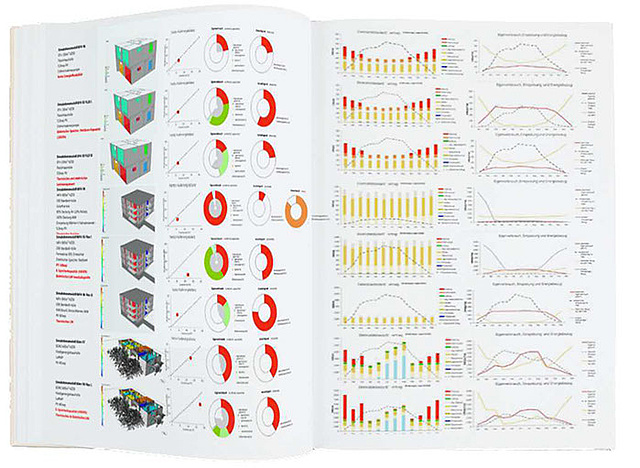ENERGY-FLEXIBLE ZERO ENERGY BUILDINGS AND NEIGHBORHOOD
POTENTIALS FOR BUILDING ENERGY SYSTEMS,
BUILDING PHYSICS AND BUILDING STRUCTURES
Tobias Weiss, Dipl.-Ing.
Status: completed (2019)
Supervisor: Prof. Brian Cody
Abstract
Smart buildings will play a key role in the future energy system. They contribute as a flexible participant of smart grids to allow large scale integration of fluctuating renewable energy. To balance these fluctuations with the use of batteries and large scale storage technology on the level of energy networks is very expensive. Especially existing buildings have large passive storage potential available. To clarify the potential that exists in the building stock as well as the flexibility potential that will be available in the future for new and renovated zero and plus-energy buildings is the main focus of this dissertation. Future zero and plus-energy buildings provide quickly activatable flexibility potential. But currently, there are no indicators and no common methodologies to characterize a buildings “energy flexibility”. Also there is no comprehensive, holistic and interdisciplinary overview of how much energy flexibility is activatable in various building types.
Scope, Demarcation and Means
Depending on local conditions, building construction, building physics, HVAC systems, renewable energies, control strategies and storage technologies, as well as the influence of user behavior are considered holistically. Subsequently automation options and user scenarios to achieve and optimize energy-flexibility are studied by means of dynamic building simulation. Different scenarios and related optimization potentials will be identified. As a result, a proposal for a consistent evaluation methodology of the "energy flexibility" of buildings will be developed.
Results and findings
Development of a methodology and terminology for characterizing the energy flexibility of prototypical zero and plus-energy buildings. As a result, a proposal for a consistent evaluation methodology of the "energy flexibility" of buildings will be developed.
Identification of the potential of load shifting measures depending on building typology, building physics, construction, storage technology, automation options , and user scenarios for prototypical reference building in the zero and plus-energy standard (restoration and new construction).
Study of user motivation and acceptance of these concepts.
This work is being carried out within the framework of the program "Industrieahen Dissertation" on behalf of the Federal Ministry of Transport, Innovation and Technology.
